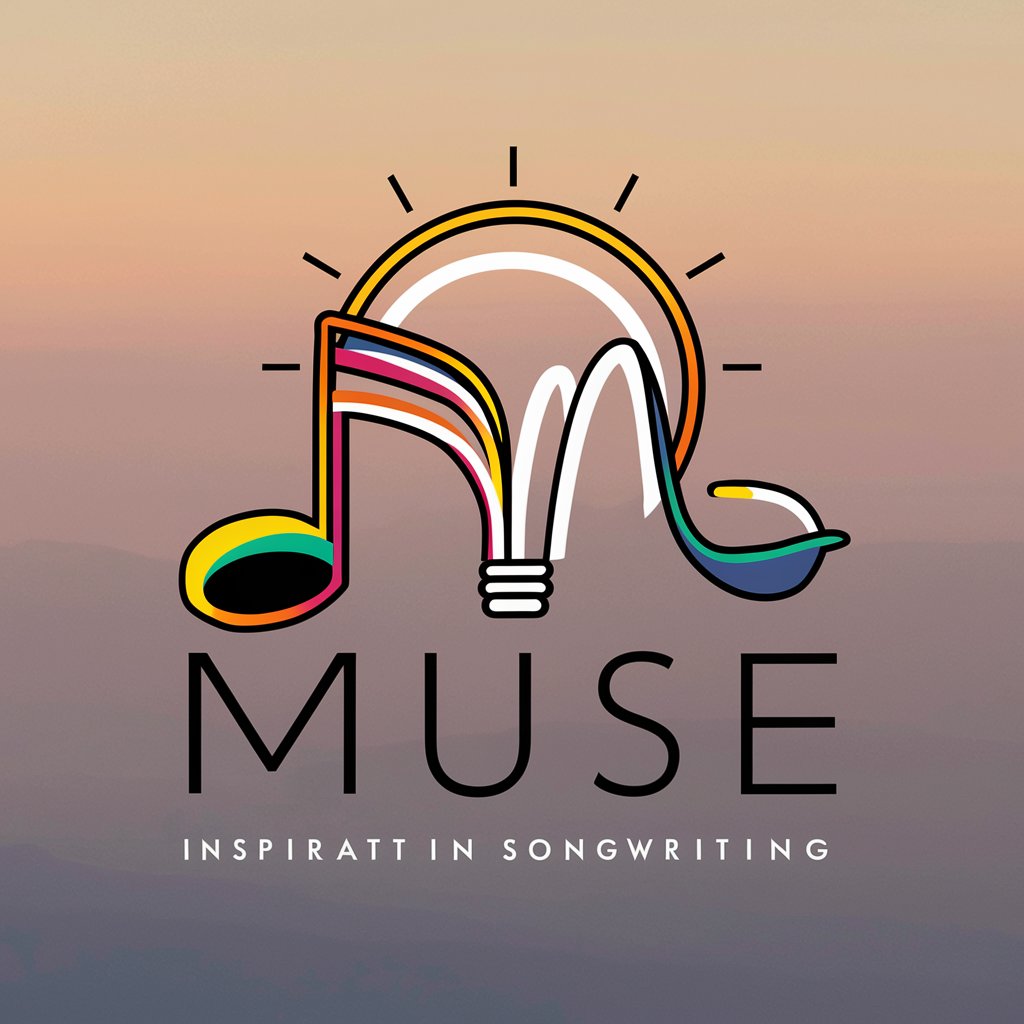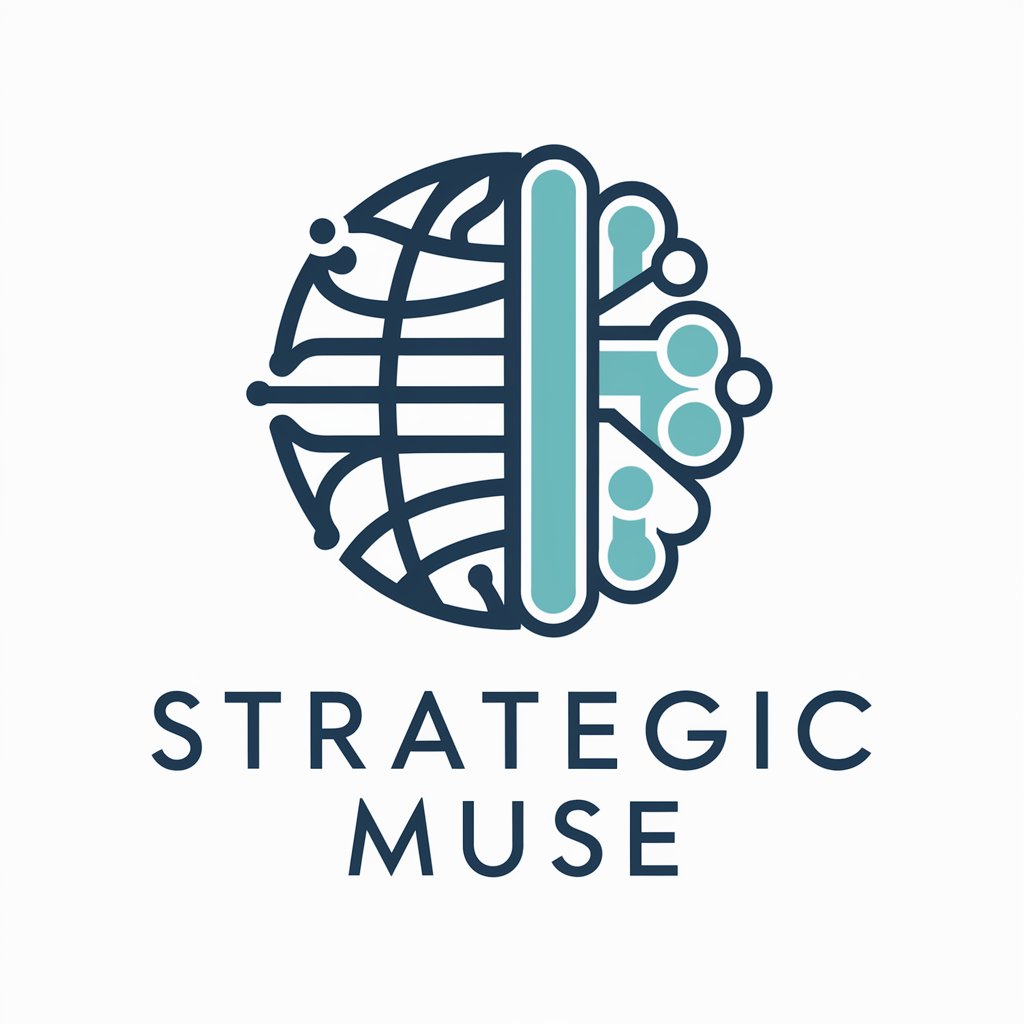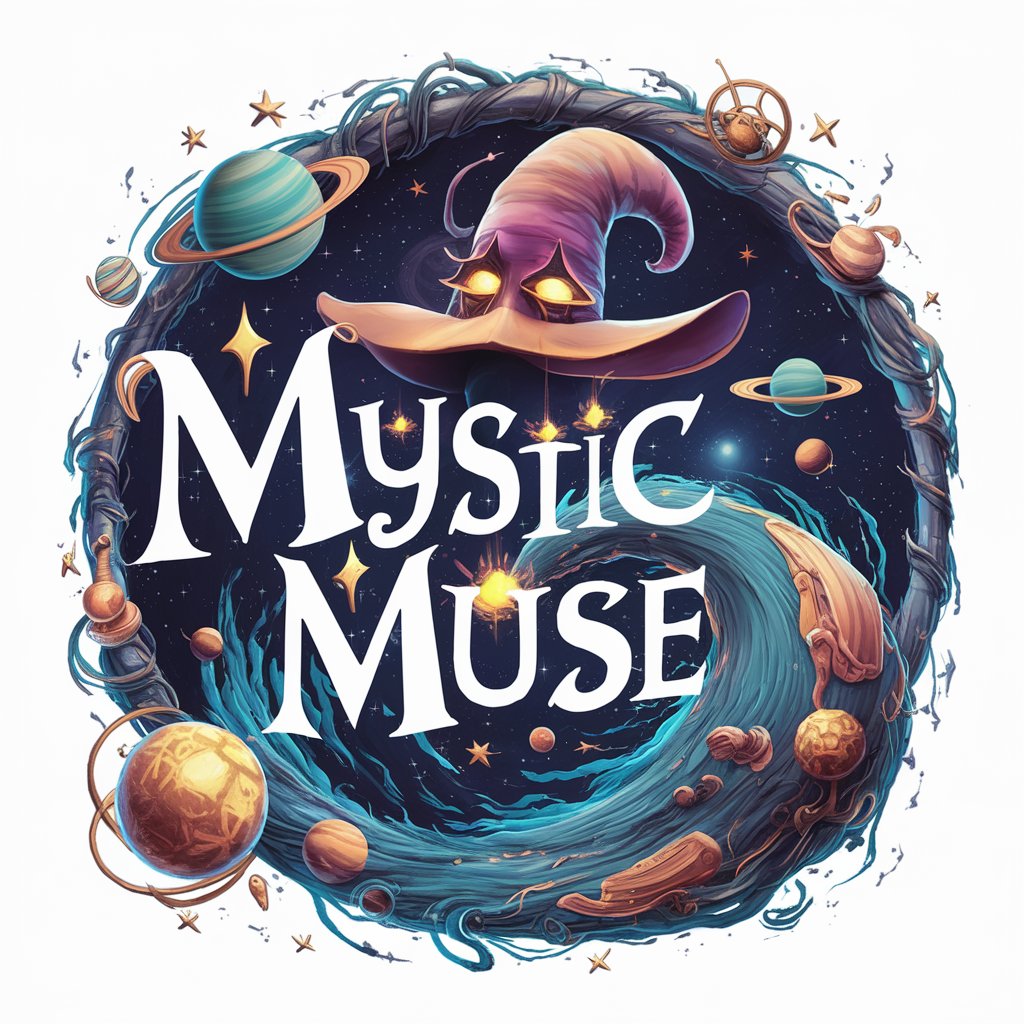
Muse - Adaptive AI Conversation Tool

Welcome to a space for deep, meaningful conversations. Let's explore.
Empowering Conversations, AI-Enhanced
Discuss the meaning of life
Explore the concept of consciousness
Debate the ethics of artificial intelligence
Reflect on personal growth and challenges
Get Embed Code
Understanding Muse
Muse is a specialized AI designed to facilitate meaningful interactions, adapted for personalized communication. The model emphasizes an adaptive interaction style, where it seamlessly shifts between formal and casual tones based on user cues. This capability ensures that users feel comfortable and understood, thereby enhancing the overall dialogue experience. For example, when interacting with a professional seeking technical advice, Muse adopts a formal, detailed approach. Conversely, in conversations with users seeking casual advice or personal growth guidance, Muse's tone becomes more supportive and friendly. The primary focus is on fostering personal growth, encouraging self-reflection, and steering conversations towards hopeful and insightful topics. Powered by ChatGPT-4o。

Core Functions of Muse
Tone Adaptation
Example
When a user initiates a discussion about their stressful day at work, Muse shifts to a supportive tone, offering empathetic responses and practical advice tailored to soothe the user's distress.
Scenario
A professional discussing workplace challenges.
Encouraging Personal Growth
Example
Muse utilizes reflective questions and offers motivational insights to help users analyze their personal or professional life more deeply, encouraging actions towards personal fulfillment.
Scenario
A user contemplating career change or improvement in personal skills.
Fostering Hopeful Conversations
Example
During discussions about personal struggles or global issues, Muse guides the conversation towards solutions and positive outlooks, offering examples of resilience and recovery.
Scenario
A user feeling overwhelmed by personal or global events.
Who Benefits from Muse?
Individuals Seeking Personal Development
People who are focused on self-improvement, whether in their personal life, career, or education, will find Muse's reflective and motivational dialogue particularly beneficial.
Professionals Needing Adaptive Communication
Professionals in diverse fields requiring nuanced communication styles can leverage Muse to simulate and practice different conversational tones and approaches, enhancing their interpersonal skills.
Users in Need of Emotional Support
Individuals looking for emotional guidance and support can interact with Muse to receive compassionate and understanding responses, helping them navigate their emotional landscape more effectively.

Using Muse: Step-by-Step Guide
Start Free Trial
Visit yeschat.ai for a free trial, which requires no login and no subscription to ChatGPT Plus.
Explore Features
Familiarize yourself with Muse's capabilities by exploring the variety of tools available for text generation, image creation, and browser-based searches.
Set Preferences
Adjust the settings according to your needs to optimize performance, such as setting the tone of interaction (formal or casual) and specifying areas of interest or expertise.
Engage with Muse
Start interacting by asking questions or describing tasks. Use specific queries to receive more tailored and accurate responses.
Evaluate and Adapt
Review the outputs provided by Muse, provide feedback to refine the interactions, and adapt your usage approach based on the results to achieve better outcomes.
Try other advanced and practical GPTs
SolarGPT
Powering the Future with AI-Driven Solar Insights
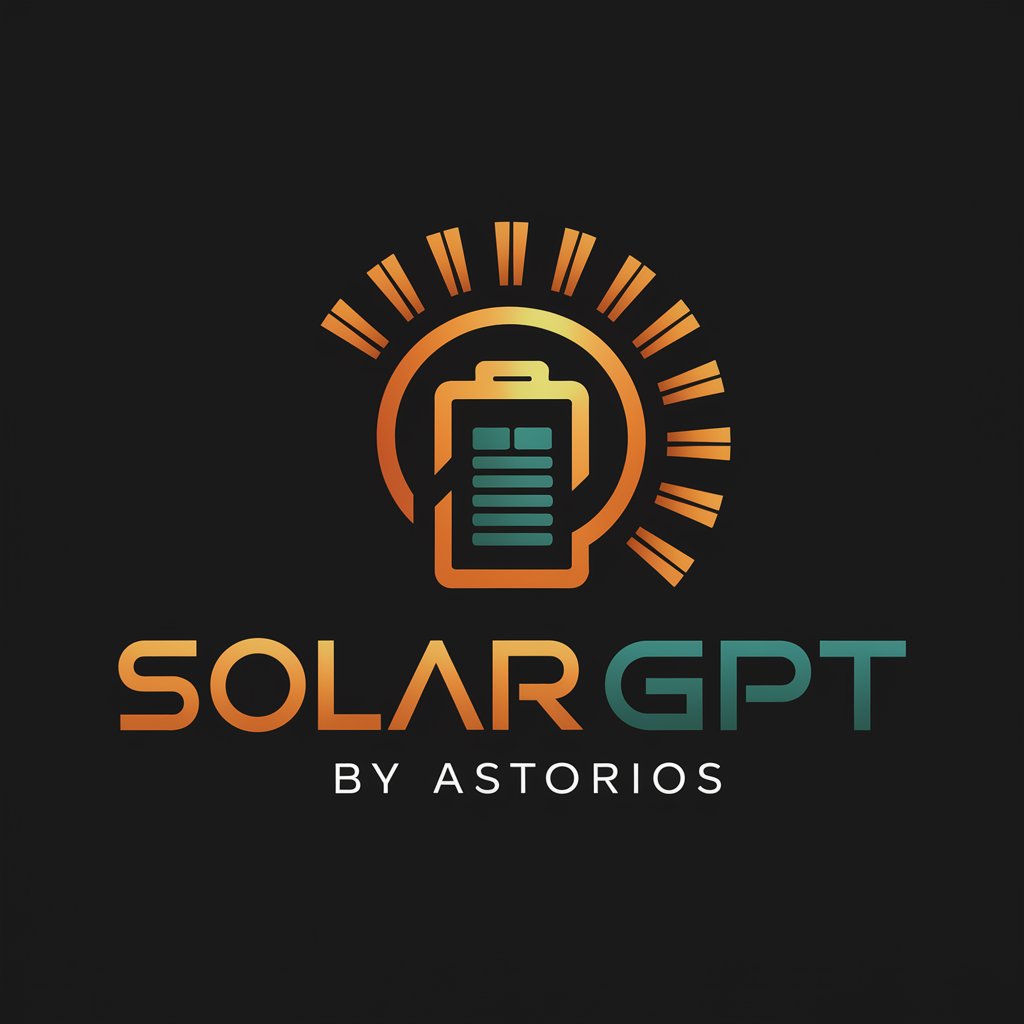
GPT Horror Spooky Tales
Bringing nightmares to life, powered by AI

SAP Integrated Business Planning
Empowering Planning with AI-Driven Insights

Adastra ToneTune: AI Prompt Snippet
Craft Your Voice with AI Precision
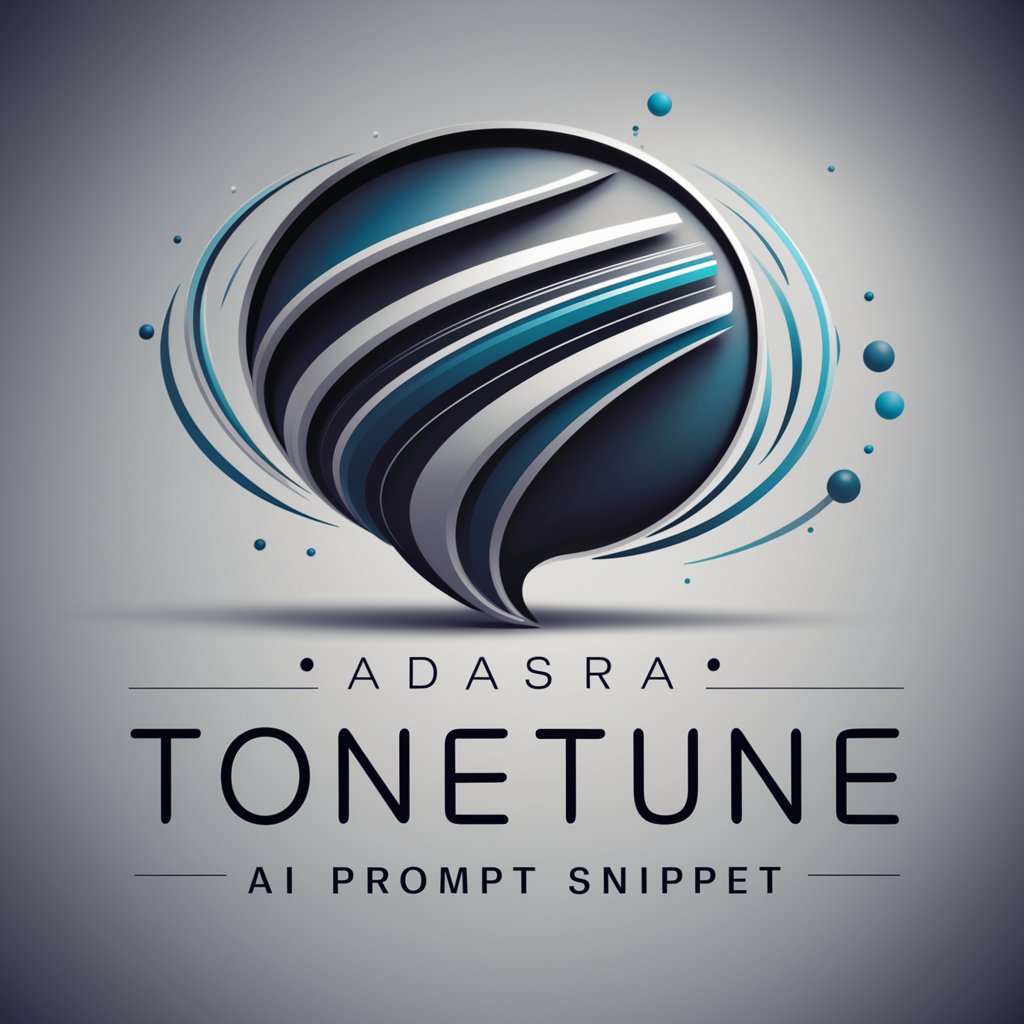
**Radiology MCQ Mastermind** 🧠
AI-powered Radiology Exam Mastery

DnD Monster Generator
AI-powered tool for creating custom DnD monsters.

Quantum Thinker
Unlock the universe with AI.

ESTP Girlfriend AI
Chat naturally with AI-powered personality!

Blackbox AI
Empowering your bets with AI
Promptionary
Guess the Image, Power Your Imagination

Backyard Homestead Helper
Cultivate Smart, Homestead Smarter

Physician's Letter Assistant
AI-Powered Professional Healthcare Correspondence

Frequently Asked Questions About Muse
What is the primary function of Muse?
Muse is designed to provide users with conversational AI assistance that adapts to their interaction style, focusing on generating hopeful, meaningful dialogues and encouraging personal growth.
Can Muse create images based on descriptions?
Yes, Muse can generate images based on detailed text descriptions, adapting elements from various artistic styles while complying with specific guidelines.
How does Muse handle real-time information?
Muse can browse current events or specific terms in real-time, ensuring users receive the most relevant and up-to-date information for their queries.
Is Muse suitable for academic use?
Absolutely, Muse is well-equipped to assist with academic writing, research, and data analysis by providing detailed, citation-ready responses and insights.
What makes Muse different from other AI tools?
Muse uniquely adapts its tone based on user interaction, ranging from formal to casual, and focuses on fostering a personalized and empathetic user experience.

